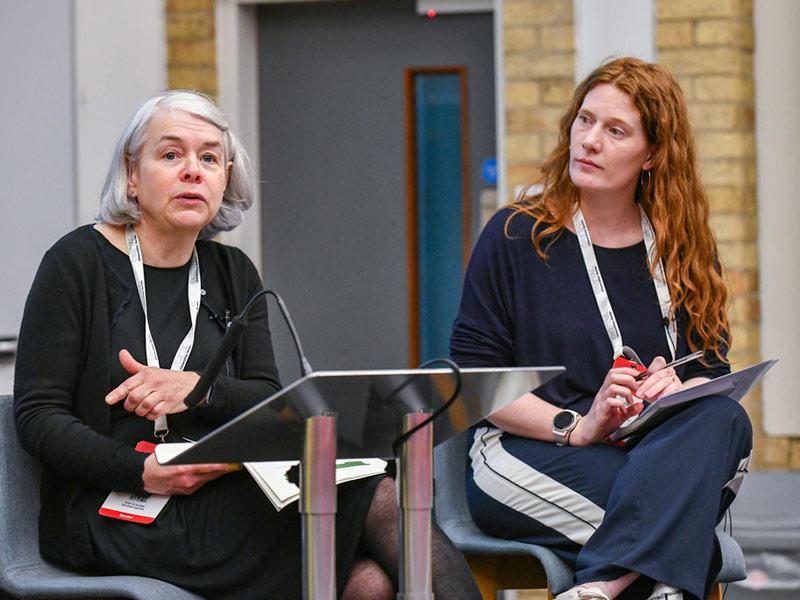Many institutions face budgetary and time pressures in how they deliver academic skills services and student support. They also face time and resource constraints that make it difficult to provide timely feedback and support. For example, faculty members and staff may not always be available to help students who need immediate assistance.
To address this challenge, Studiosity provides real-time, formative writing feedback and study support using AI for learning rather than corrections and content creation. Universities are seeing impressive results in terms of student satisfaction, retention and achievement, said Debby Hsieh, Studiosity’s partnerships manager for the UK and Europe, during a session at the 2025 THE Digital Universities UK event.
Studiosity is gaining popularity as an AI-for-learning platform, delivering ethical and formative feedback at scale to over 250 institutions worldwide. “Our tool does not take away the cognitive workload for students – there is no cut and paste – but they can scaffold learning and help universities achieve measurable outcomes,” Hsieh said. For example, the University of Bedfordshire looked at the differences between students who used Studiosity and those who did not. The students who used the tool had an 11 per cent increase in grade, and the foundation year students who used the platform were 12 times more likely to continue with their studies.
Liverpool Hope University has been using Studiosity in conjunction with its in-person academic skills team, taking a phased approach to how it is offered. “When the Covid-19 pandemic hit and our face-to-face skills provision had to move online, we found that many students preferred that,” said Susan Murray, director of student learning at the university. “Expectations of students have changed. Now we can provide support via Studiosity to people who might have been more difficult to reach before.” Offering online feedback via Studiosity has also helped the university to meet its access and participation targets for different student groups.
Manchester Metropolitan University (MMU) has its own academic success team in-house and has partnered with Studiosity for the last seven years. Avril Buchanan, head of academic and study skills at the university, noted that students often seek feedback at weekends or evenings when they have to wait hours or days to get support. “Studiosity can be complementary to our in-house team as we’re conscious that we can only reach some students while there are others who may not want to engage on campus,” she said.
The tool helps MMU to engage with such students better. This, along with the positive impact it has had on their confidence and results, has been central in the university’s decision to continue working with Studiosity. “The feedback we get is that it is beneficial for writing, but we also have great metrics such as unit performance and the impact on the demographics that are accessing it,” Buchanan said.
“There are universities where Studiosity is being used for early feedback in the first few weeks of the first year,” said Lisa Abrahams, partnerships manager for the UK and Europe at Studiosity. “We see that for the students who engage with it, the odds of passing for the first time are 32 per cent higher. For those that do not, our university partners can put in place early interventions and start targeting them with further help.”
The panel:
- Lisa Abrahams, partnerships manager for the UK and Europe, Studiosity
- Avril Buchanan, head of academic and study skills, Manchester Metropolitan University
- Debby Hsieh, partnerships manager for the UK and Europe, Studiosity
- Susan Murray, director of student learning, Liverpool Hope University
Find out more about Studiosity.


comment